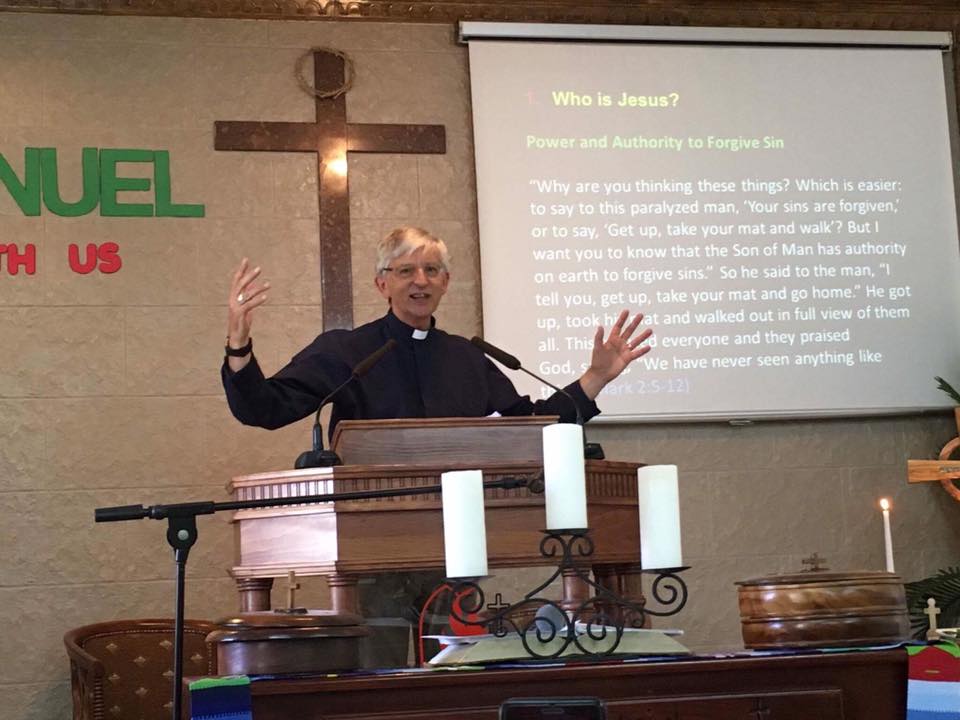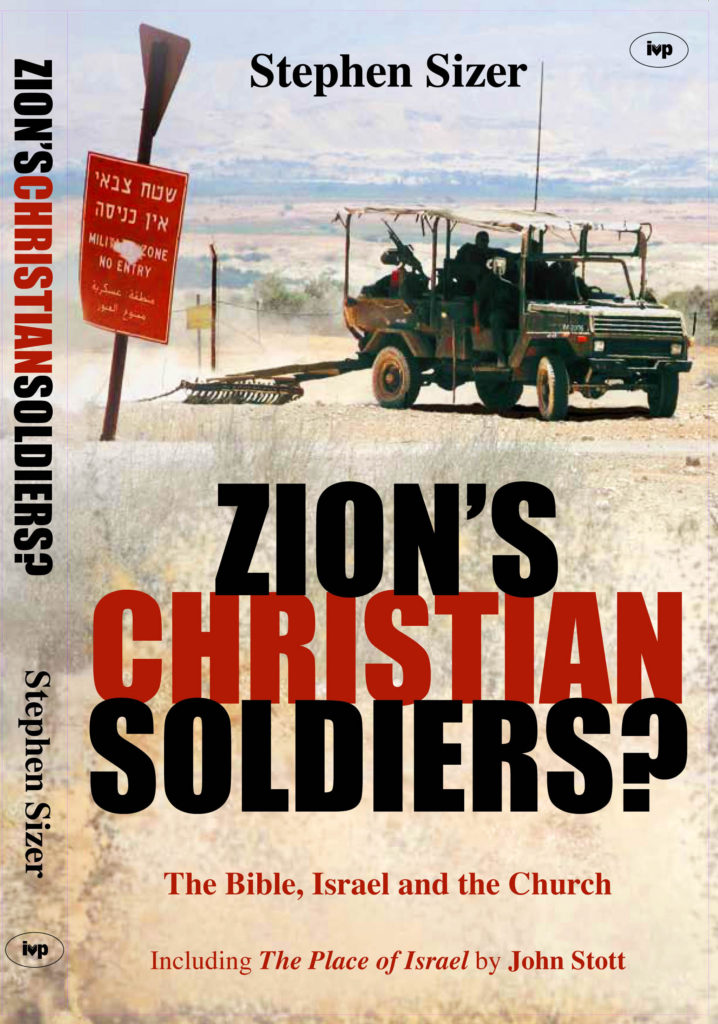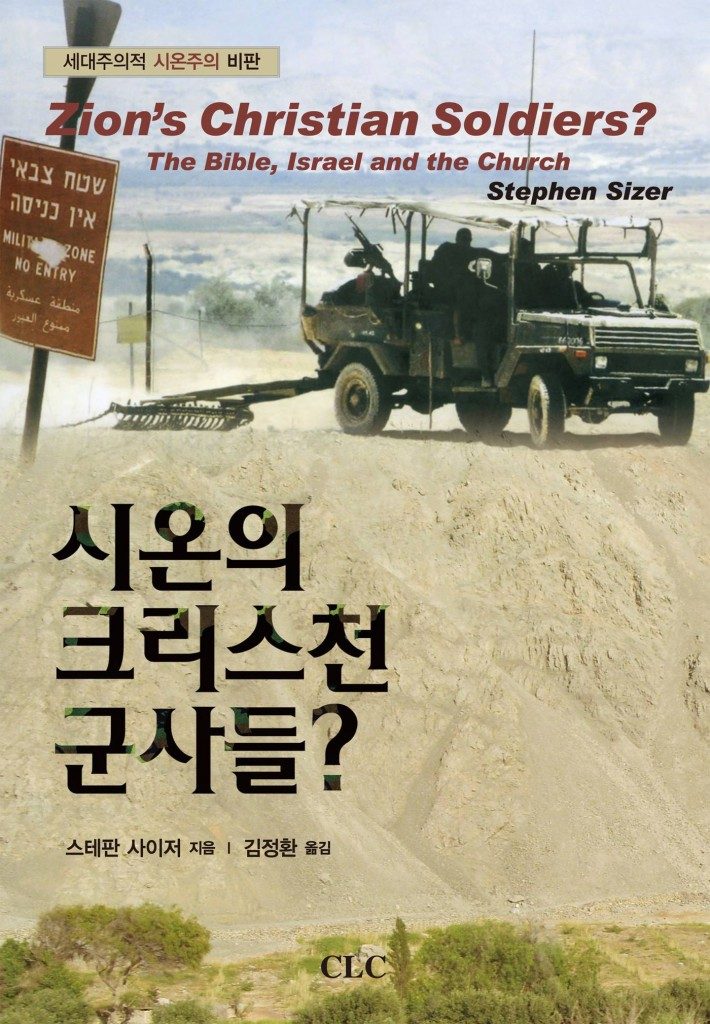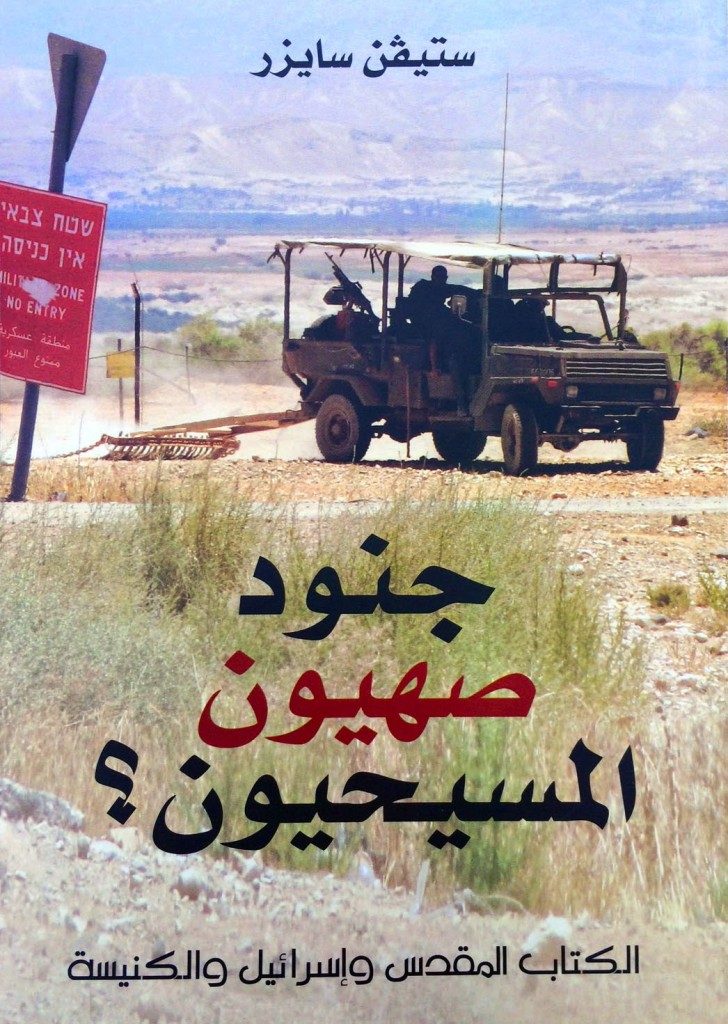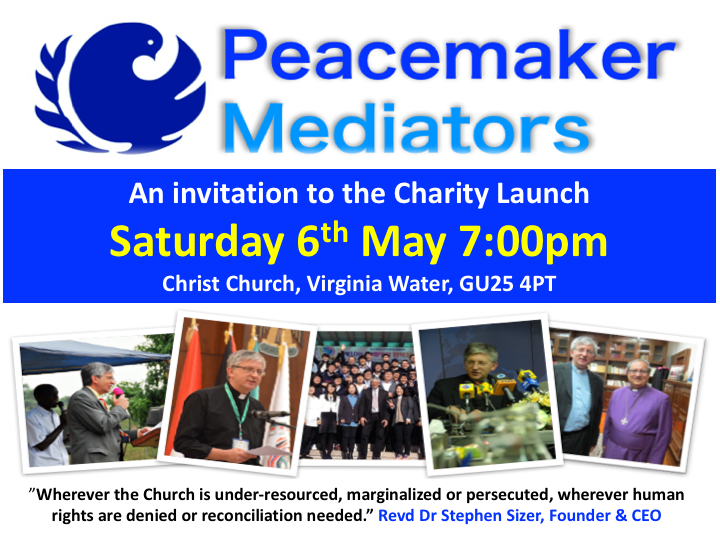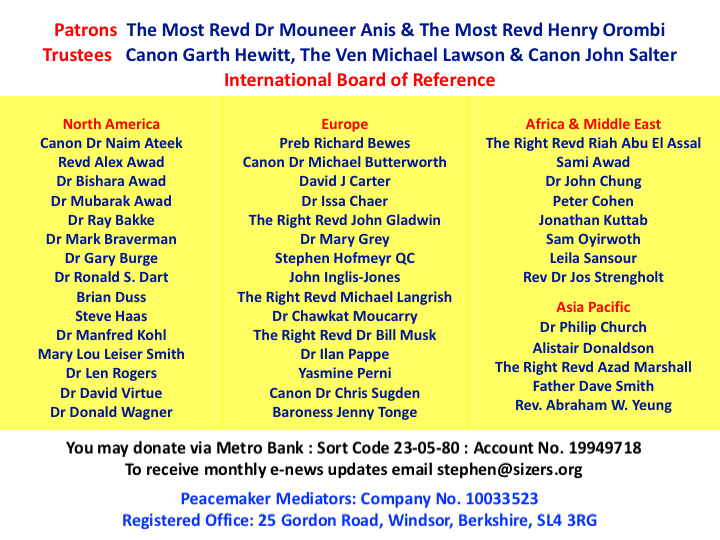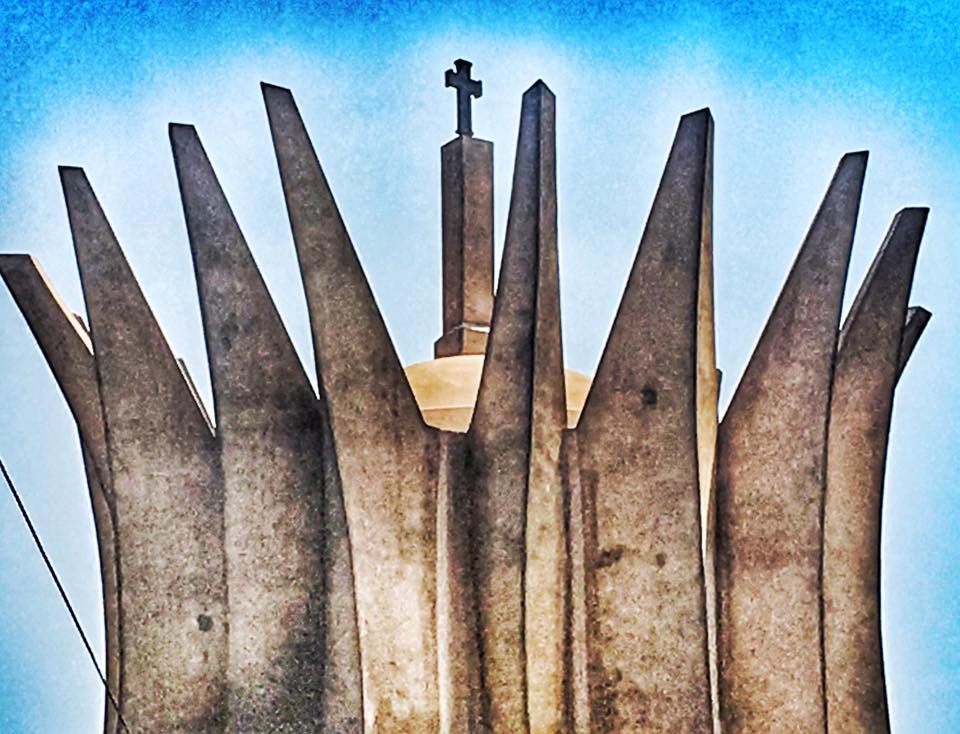
When you find yourself in deep trouble, when the rubber has hit the fan, it really does not matter whose fault it was or what caused it. All you really want is someone to help, someone to understand, someone to get you out of trouble. You see dying people, broken people, hurt people, used and abused people, don’t need theological explanations, or self-help tutorials, they need practical help, not next month, not next week, but today, right now, this very minute.
In Matthew 15 we meet a mother. A desperate mother. A mother with a sick child. Imagine that you’ve carried this baby in your womb for nine long months. You’ve been through the excruciating pain of childbirth. You’ve nursed her, fed her, washed her, changed her. Watched her grow, take her first step, say her first word. You can still remember her first day of school. How pretty she looked in that dress. The first time you let her out of your sight. She’s your little girl. Your little girl. And this was her little girl. Maybe she had been sick before. A cold here. A headache there, maybe a bruise or bump from time to time. But nothing ever like this before. In the daytime she screams and shouts constantly. You can’t put clothes on her because she’ll tear them off. Her hair is no longer washed and tidy with sweet little pig-tails. Her hair is all pulled out at the roots and the remaining ones are left sticking up. Strange voices come out of her mouth. She can’t eat, can’t sleep, can’t play. But one thing is constant, those eyes. There’s a strange look in her eyes. Eyes that tell you that this is no ordinary sickness, no ordinary problem, no ordinary trouble. She is …. and you don’t want to even say the word… possessed.
Continue reading →
 This year’s ReNew conference was organised by Anglican Mission in England, Church Society, and Reform and held in Leeds under the title Gospel Advance. The major theological theme of the conference explored the Atonement. Contributors included Christopher Ash, Sam Allberry, George Crowder, Matthew Mason, Vaughan Roberts, Rob Scott, Glen Scrivener, William Taylor, Rico Tice, Robin Weekes, and Paul Williams.
This year’s ReNew conference was organised by Anglican Mission in England, Church Society, and Reform and held in Leeds under the title Gospel Advance. The major theological theme of the conference explored the Atonement. Contributors included Christopher Ash, Sam Allberry, George Crowder, Matthew Mason, Vaughan Roberts, Rob Scott, Glen Scrivener, William Taylor, Rico Tice, Robin Weekes, and Paul Williams.


